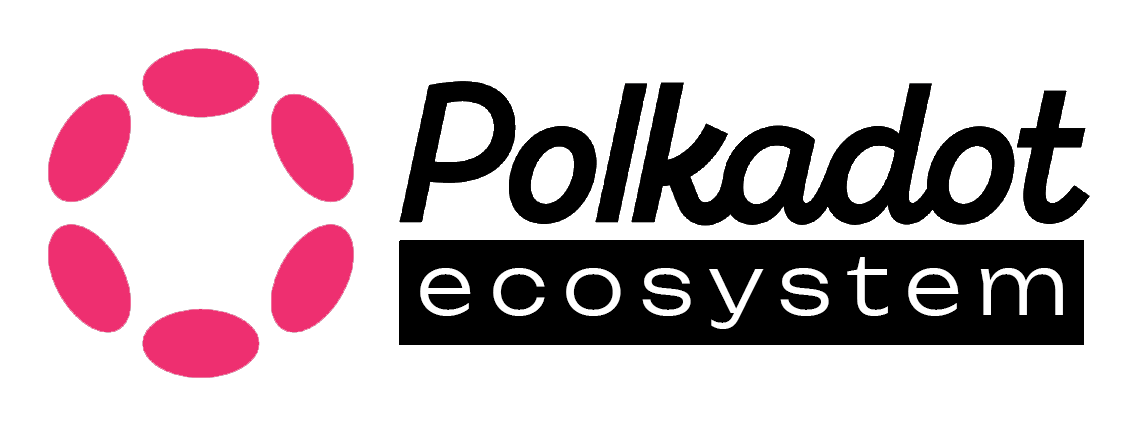Building where the Action is - Joshua Cheong Interview
Ce contenu n’est pas encore disponible dans votre langue.
Joshua Cheong, a notable figure in the blockchain and Web3 space, shares his insights and experiences in a recent interview, highlighting the dynamic and decentralized nature of the industry. His journey from a computer science enthusiast in Singapore to a key player in the Polkadot ecosystem offers valuable perspectives on the global reach and transformative potential of decentralized technologies.
Early Inspiration and Evolution Joshua’s initial fascination with decentralized technology began with the Bitcoin whitepaper. His journey continued through the emergence of smart contracts and upgradable blockchains around 2016-2017. He underscores how Web3’s decentralized nature transcends geographical boundaries, allowing developers to innovate from anywhere in the world, unlike the centralized tech hubs of the past.
The Polkadot Ecosystem Joshua emphasizes the significance of Polkadot’s technology, particularly the Polkadot SDK, formerly known as Substrate. He explains that this framework empowers developers to build customized blockchains and applications with ease, fostering a collaborative and innovative environment. The decentralized approach not only democratizes access to technology but also ensures a resilient and adaptable infrastructure.
Decentralization and Global Impact A key theme in Joshua’s narrative is the global and decentralized nature of Web3. He highlights how developers from diverse regions, including Singapore, Vietnam, Thailand, and Eastern Europe, contribute to the ecosystem. This diversity enriches the technology with varied perspectives and solutions, promoting a more inclusive and robust development environment.
Web3 Challenges and Opportunities Joshua acknowledges the challenges posed by traditional institutions and macroeconomic factors. He points out how recent global events have underscored the need for trustless systems. Decentralized technologies, according to Joshua, offer solutions that traditional institutions struggle to provide, paving the way for a more transparent and equitable future.
Future Vision Looking ahead, Joshua envisions a future where decentralized technologies address fundamental issues in trust, macroeconomics, and governance. He sees blockchain as a crucial tool for creating systems that promote truth without reliance on centralized authorities. The potential for decentralized computing to ensure the integrity of information, especially in an era of AI and generative content, is particularly promising.
Conclusion Joshua Cheong’s journey and insights provide a compelling look into the transformative potential of decentralized technologies. His experiences underscore the importance of inclusivity, innovation, and resilience in building the future of Web3. As the Polkadot ecosystem continues to evolve, it exemplifies how decentralized approaches can drive meaningful change on a global scale.

